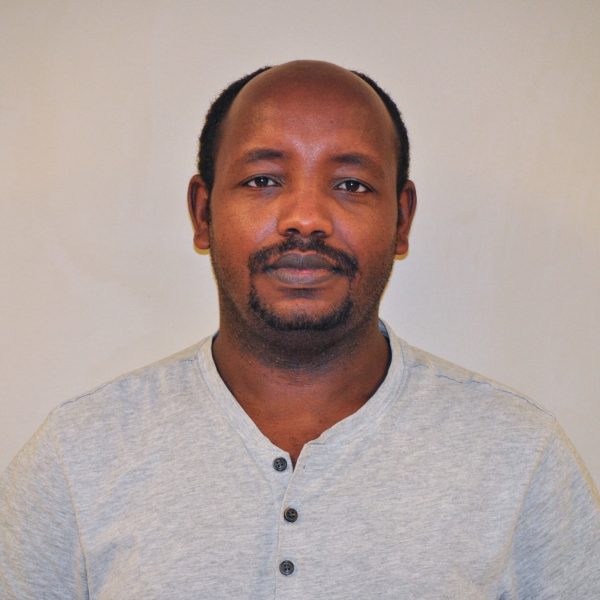Bursting The Bubble: Aix en Provence
France is a state of mind more than anything else. It is confidence, history and nicotine. Aix en Provence is the most beautiful city I’ve ever lived in, and I wake up every day completely amazed that I’m here. By nature, I am a people-watcher and a silent psychologist, so it has been incredible to watch the developments that arise out of an unconscious inability to realize that this is not the United States. I personally think it’s harder for people to leave their expectations at home when they are traveling to a country comparable to the U.S. in terms of standards of living, technology and culture. There are the expectations of access and immediacy and again, it’s natural to cling to the familiar when you’ve been displaced into another culture. To me, the culture divide is most apparent in the interactions between students and their host families. The Aix mentality is one of quality, not quantity, and families take pride in that which differentiates them from what is generally seen as a typical American consumer attitude. This claim may sound trite and very obvious, but hearing fellow students complain about having to hold the shower head in a stand up shower or not having American mustard reinforced my own fears about being unable to accept the small aspects of culture change. This is not to say that I was bias-free coming here either, and that itself is a difficult realization. It’s always easier to see faults in other people. My breakthrough occurred as I traveled through Eastern Europe in Hungary and the Czech Republic. I don’t speak Czech or Hungarian, yet I realized that even my visit to these countries held a certain sense of arrogance to it. Of course I should still be able to go to these countries not speaking more than a phrase book’s worth of the native language. Everyone goes to Prague. Well, after my trip I finally realized that it is in fact too much to demand English from people in other countries. Of course I’m glad I went, and no, I probably won’t ever be able to learn more than a few basic Czech phrases. But I’ve come to terms with the fact that there may be limits to what I can do. It’s a conservative view, but simply having geographic access to a place does not necessarily legitimize a visit there. I am becoming more and more convinced that if you really want to go to a place and get something out of it, there is more involved than simply hopping on a train for the weekend with a guidebook. This does not rule out being a spontaneous traveler – it means being a conscious traveler. The reason the word “tourist” has a negative connotation is because of the arrogant mindset of privilege, which can range from very subtle to blatant. To really travel to a place, to really know a place, it takes longer than a few days. But again, no one has the luxury of being able to spend a month in every beautiful city in Europe. So my advice is to think carefully about where you travel and why, and make sure to go beyond just consuming the beauty of the place. By the time I leave Europe, my goal is to learn to be a traveler and not a tourist and to be able to show respect to the places I’ve been. Wish me luck.







